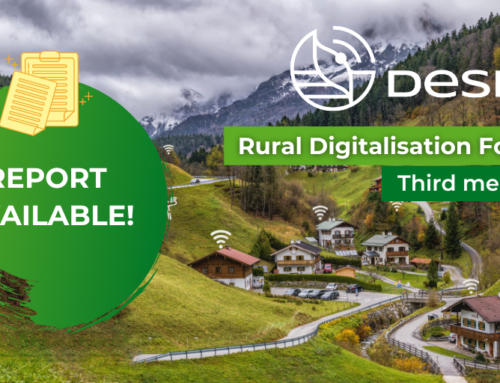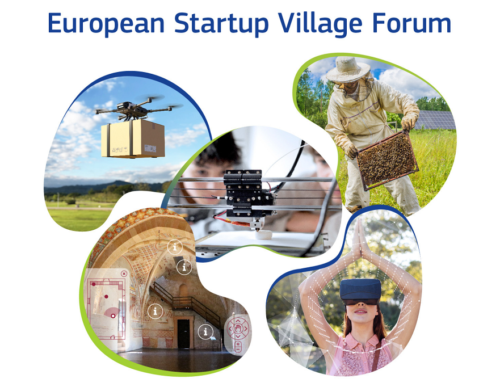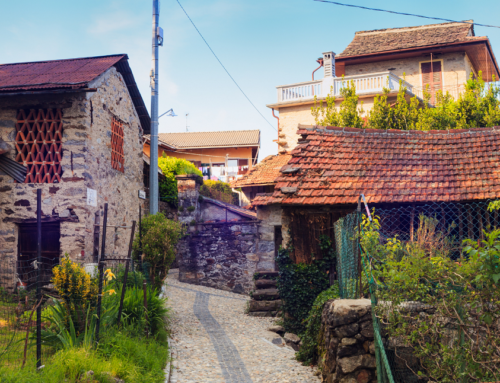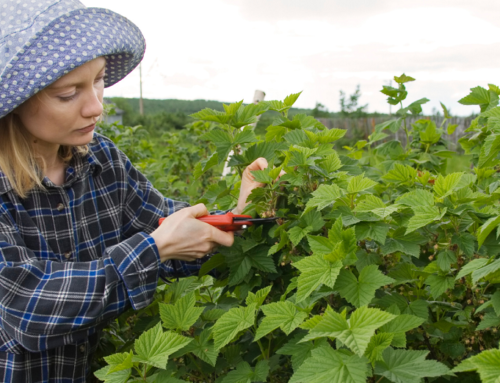Author: Leticia Abarca Velencoso (AEIDL)
The future of the European Union’s agricultural and rural ecosystems depends on smarter and more sustainable practices. Digital Farming tools and policies are key to achieving these goals, as they aim to change the industry’s practices, dynamics, and policy-making tendencies. Various initiatives, including the upcoming EU AgriResearch Conference and the newly published Handbook for Digital Farming, play a crucial role in promoting digital agriculture and should not go unnoticed.
Released in December, the Handbook of Digital Farming is an essential resource for implementing digital farming alternatives, as well as developing new tools, projects, and policies. Created by a team of experts in technology, environmental sustainability, and agriculture, the handbook provides numerous case studies of successful technology implementation and insights into how digital farming can contribute to the new Common Agricultural Policy (CAP), the EU Green Deal, and the Farm to Fork Initiative.
The Handbook offers multiple perspectives, including those of farmers, policy-makers, and business developers, emphasising the importance of sustainability in modern agriculture and providing guidance on how to use digital technologies to reduce environmental impact. Therefore, the Handbook of Digital Farming is a valuable resource for actors looking to embrace the benefits of digital technologies and stay ahead of the curve, while contributing to the creation of a smarter agricultural ecosystem at both the local and EU levels.






